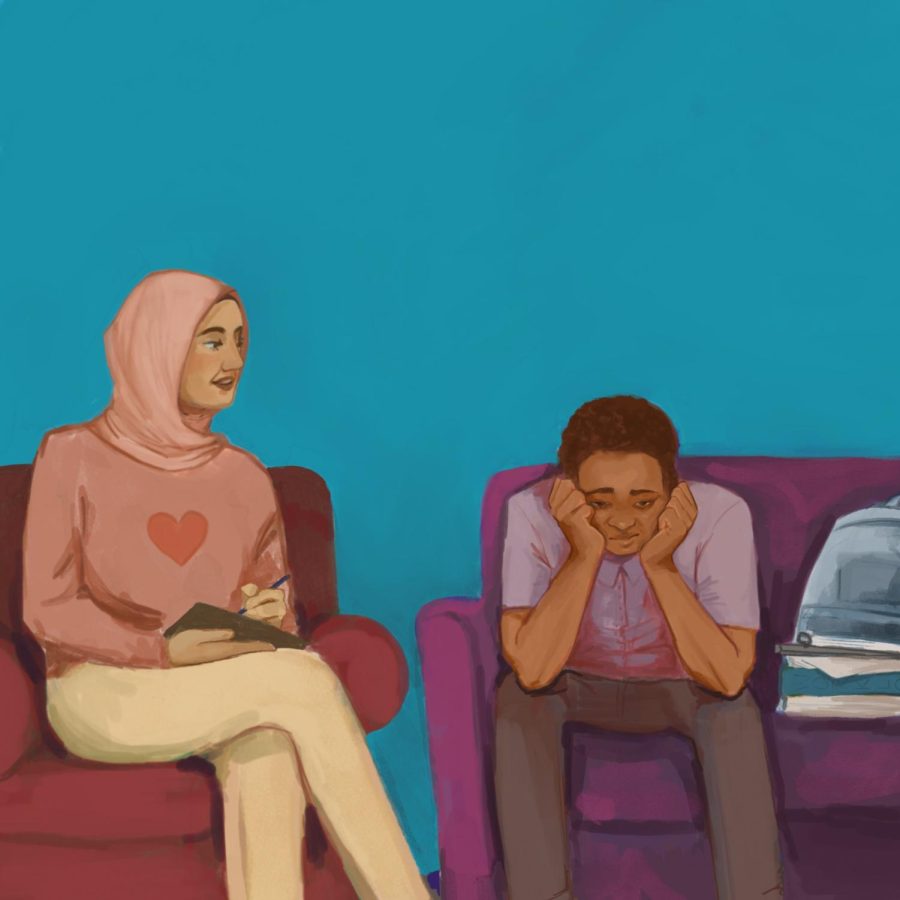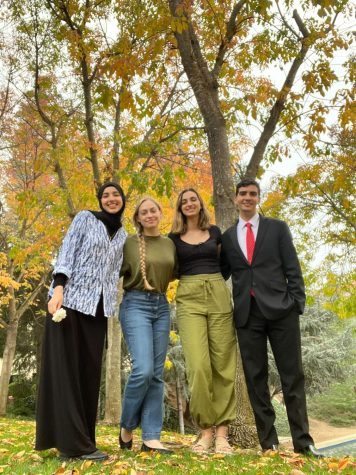UT yet to hire CARE counselor for graduate school
November 11, 2022
Last spring the University said they planned to hire an in-department graduate school CARE counselor to provide mental health support for students, but while the hiring process began in late spring, the program has yet to employ a counselor.
The Counseling and Mental Health Services’ CARE program, or Counselors in Academic Residence Program, places counselors within academic units around campus. The counselors provide individual counseling, outreach programming and referrals, according to their website.
“It’s been a very challenging hire,” said Laura Dupuis, associate director for CARE and campus support. “I’ve been running CARE since 2014, and this is probably one of the biggest challenges I’ve had because the number of candidates has been really low. I’m feeling optimistic about our ability to get somebody hired by the end of the semester.”
A location for the graduate CARE counselor has yet to be determined, Dupuis said.
While graduate students have access to the CARE counselors within their specific college, their concerns differ from undergraduate students, said Paige-Erin Wheeler, Graduate Student Assembly president.
“(Graduate) students are in such a unique social, academic employment situation,” Wheeler said. “All graduate students at UT are facing struggles, like navigating supervisor relationships and rising cost of living, (that) are more similar to each other than they are to an undergraduate student within the (same college).”
A Harvard study found that graduate students are over three times more likely to experience mental health disorders than the average American.
“I don’t know a single graduate student that doesn’t struggle with anxiety or impostor syndrome or depression or something,” Wheeler said. “Graduate school is really difficult (and it) takes a really long time. It creates a lot of strain, which is why it’s important to support graduate mental health.”
The CARE hiring process consists of several interviews with various faculty members and a case presentation, where the candidate demonstrates how they work with clients. The program has invited Wheeler and GSA vice president Hannah Berendzen to all of the interviews and case presentations.
“They bring a unique perspective, and I absolutely value their feedback for the candidates that we’ve had,” Dupuis said. “We are really careful to have representation of various identities on the search committee because (diversity and inclusion) is a core value of ours.”
Wheeler said hiring a CARE counselor shows moving in the right direction, but the underlying issues of affordability and student wages need addressing.
“There’s a real entrenched idea in academia that if you have issues with your mental health, you should deal with it on your own,” Wheeler said. “The underlying problems of graduate mental health will not be solved by hiring a single CARE counselor. It’s really important that every level of the University is advocating for affordability because it has a huge effect on student mental health.”









